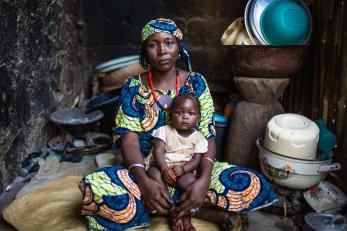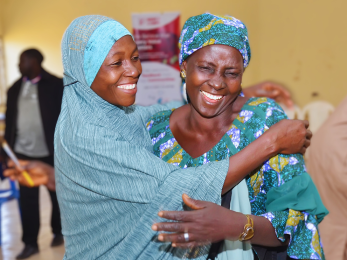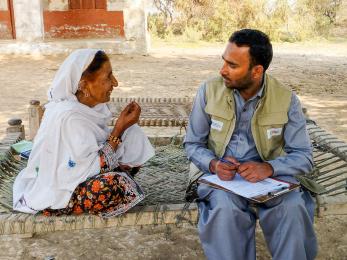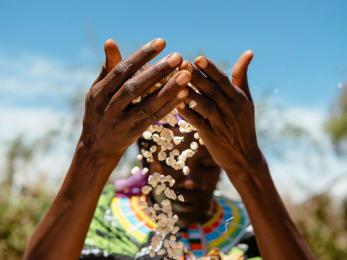Resilience and Conflict in Nigeria: Analysis of Dynamics and Programming Leverage Points

Increasingly the world’s poorest and most vulnerable populations are concentrated in fragile states characterized by weak institutions, poor infrastructure, and limited service provision. These contexts simultaneously expose populations to shocks like violent conflict and compound the effects of other economic, climatological, or health shocks. Knowing what makes communities resilient to conflict is fundamental for smart investment of humanitarian and development resources, but evidence to inform these decisions remains limited.
This study begins answering these critical questions with support from the USAID funded TOPS Resilience Evaluation, Analysis and Learning Award, of which Mercy Corps is a partner. Leveraging panel data from the World Bank that spans the rise of Boko Haram in Nigeria, Mercy Corps was able to study what household and community characteristics are important sources of resilience when households deal with conflict and related shocks in fragile contexts.


